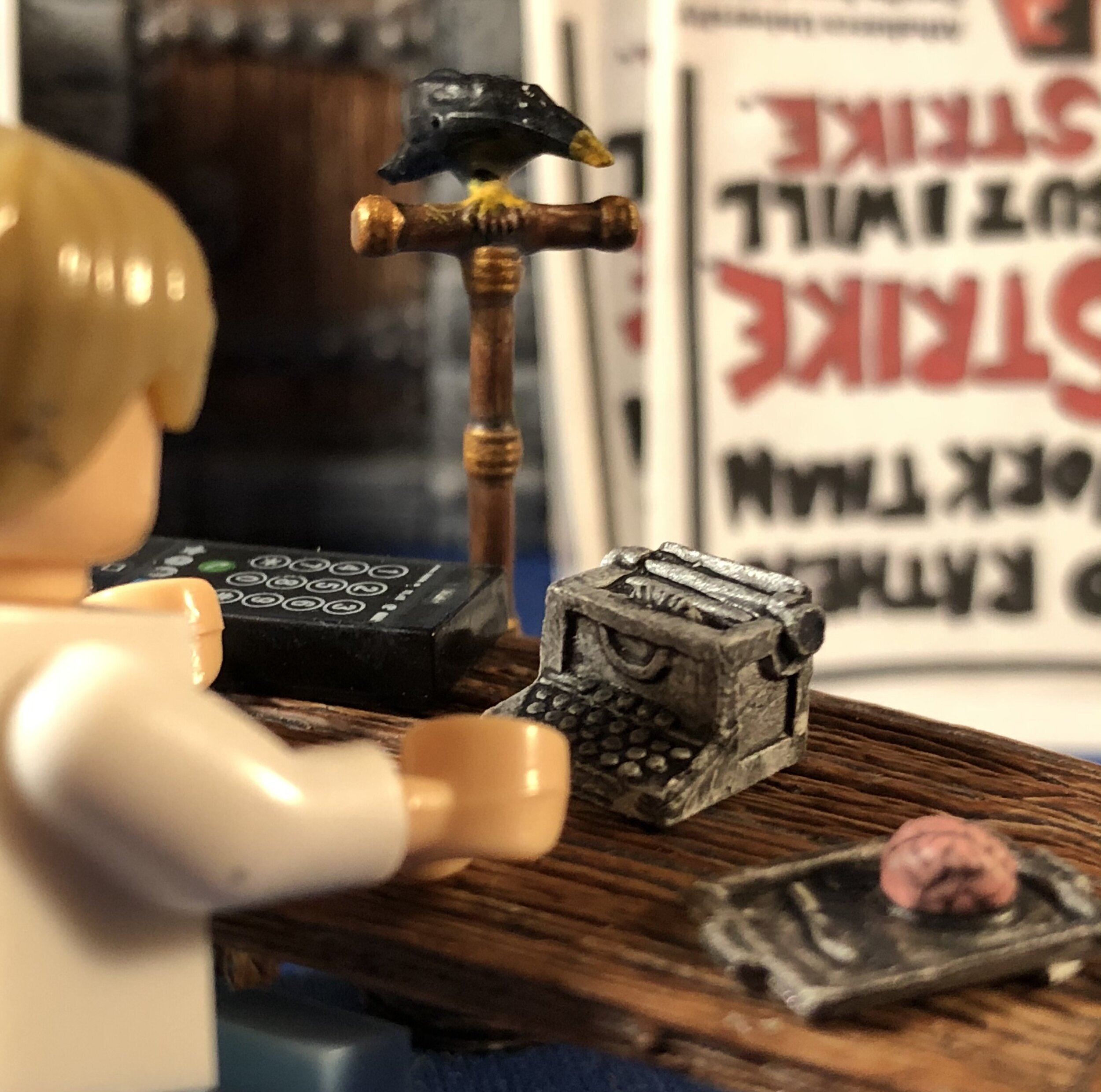From: Mark McCutcheon
Sent: February 1, 2023 9:27 AM
Subject: Re: Researcher Profile Data Request (Stage 2)
I’m writing to reiterate my considered and principled refusal to provide any data, personal or professional, to any Elsevier service or platform, including PURE. I have several reasons for standing by this decision.
First, AU’s intellectual property policy recognizes that intellectual property rights (e.g. copyright) in research belong not to the university but to the individual researcher. (See 4.3.c at https://www.athabascau.ca/university-secretariat/_documents/policy/intellectual-property-policy.pdf). That policy empowers me to manage my research activity and products as I best see fit. The university has no claim to my intellectual property. That said, I do allow the university to host or represent my research in appropriate forums and spaces – meaning those aligned with Open Access and, indeed, with our own university’s open mission. For example, the AU library’s “AU Space” open access repository now includes most of my published work. But beyond what I decide to permit the university to license, the university has no claim on my research.
Second, my commitment to open access research and publishing is squarely opposed to Elsevier as a massive corporation that, for years, has attacked and worked against the open access movement. I have published work that openly criticizes Elsevier. I deliberately publish in journals and books that are not Elsevier-owned. Since 2018 I have served AU Press as Chair of its editorial board; AU Press only published in open access. And for a decade I have been my Faculty’s academic rep on the office of the president’s ad hoc copyright committee (CC’d). Our work in that committee has focused on promoting and developing open access, and on organizing and lobbying scholars across Canada against repeated legislative attempts to toughen copyright law. My name is on several petitions and scholarly mobilizations against Elsevier. In light of that principled opposition, I categorically will not contribute anything to Elsevier, because I refuse to help the business, reputation, or profitability of a firm that has so persistently attacked AU’s mission for so long.
Third, I understand this situation as a question of academic freedom, per Article 11 of the AUFA collective agreement (see https://aufa.ca/collective-agreement). That article includes this language: “Members of the University community are entitled, regardless of prescribed doctrine, to freedom in carrying out research and in publishing the results thereof” (p. 52). That language entitles me to conduct and share my research as I see fit. Since my research publication record has dealt extensively with the issue of open access, I consider it an infringement on my academic freedom to be obliged to provide free data to an organization I resolutely oppose and have published my opposition to. To participate in an Elsevier platform would for me pose a risk of reputational harm. In this context I must point out that there is a risk of reputational harm to AU, not only because becoming an Elsevier client would make a mockery of our hard-earned position as “Canada’s open university,” but also because our copyright committee has, for decades, taken a leadership role among Canadian universities in lobbying the federal government for fairer copyright and in organizing research universities across the country in such mobilizing efforts.
Fourth, I note that PURE has been used at other universities for performance assessment purposes. AU’s administration has not yet spoken about that potential function, to my knowledge. I would, however, point out that performance assessment at AU for AUFA members is a negotiated matter of annual reporting, detailed in Article 3.3.4 of our collective agreement. If AU intends to use PURE for assessing the performance of faculty members, doing so could run afoul of that Article if the process is not properly negotiated in bargaining.
For these reasons, I am refusing to provide any data to an Elsevier platform. With this notice, I would also ask the university not to list or name me on the PURE platform, even in a placeholder capacity.
Thank you for hearing me on this matter.
best
Mark A. McCutcheon (he/him)
Chair, Centre for Humanities
Professor, Literary Studies
Past president, CAFA (2015-17
Past president, AUFA (2013-14)
Athabasca University







